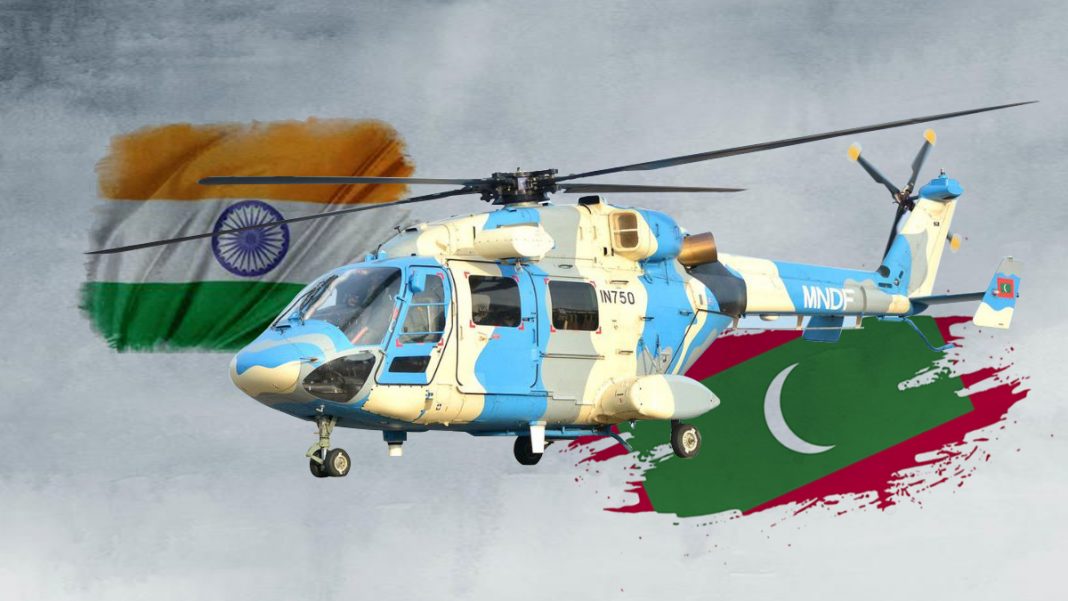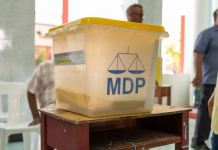In a surprising turn of events, the recent decision by the Maldives and India to recall Indian military personnel stationed in the Maldives marks a significant milestone in their military collaboration. The move, formalized during the second meeting of the High Level Core Group, reveals a strategic shift towards deploying skilled civilian personnel to oversee the operation of military aircraft gifted by India.
India’s Ministry of External Affairs, announced that the governments of India and the Maldives have reached mutual terms to enable the continued operation of Indian aviation platforms providing humanitarian and medical evacuation services in the Maldives. This statement sheds light on the collaborative efforts and mutual understanding between the two nations.
While the decision has not been explicitly detailed in official statements from the Ministry of Foreign Affairs (MoFA) in the Maldives, it underscores a commitment to finding mutually beneficial solutions. India’s MEA statement emphasizes the agreement on “mutually workable solutions to enable continued operation of Indian aviation platforms that provide humanitarian and medevac services to the people of the Maldives.”
The phased approach outlined by the MoFA reveals a careful and collaborative effort, with the Government of India committing to replace military personnel in one aviation platform by March 10, 2024, and completing the transition for the other two platforms by May 10, 2024. The deliberate use of the term ‘replace’ instead of ‘remove’ emphasizes that Indian military personnel will be substituted by civil personnel from India.
This withdrawal of Indian troops from the Maldives aligns with a key presidential pledge made by President Muizzu and is set to be accomplished by May 10, according to government officials. This successful step towards fulfilling a campaign promise within the specified time frame showcases a commitment to accountability and transparency.
The collaborative transition towards civilian personnel signifies the evolving dynamics in the India-Maldives relationship. It reflects a shared commitment to sovereignty and underscores continued support for humanitarian initiatives in the region. By entrusting the operation of military aircraft to Maldivian civilians, the move not only aligns with President Muizzu’s vision but also fosters a sense of autonomy and self-sufficiency within the Maldives.
This strategic realignment signifies a pragmatic approach to regional security and cooperation, allowing both nations to navigate geopolitical complexities while maintaining a focus on shared objectives. As the India-Maldives partnership undergoes this transformative phase, it will be interesting to observe how this decision shapes future collaborations and contributes to the broader geopolitical landscape in the Indian Ocean region. The emphasis on civilian oversight highlights a commitment to peaceful cooperation and the pursuit of common goals, serving as a model for other nations in the region.


















